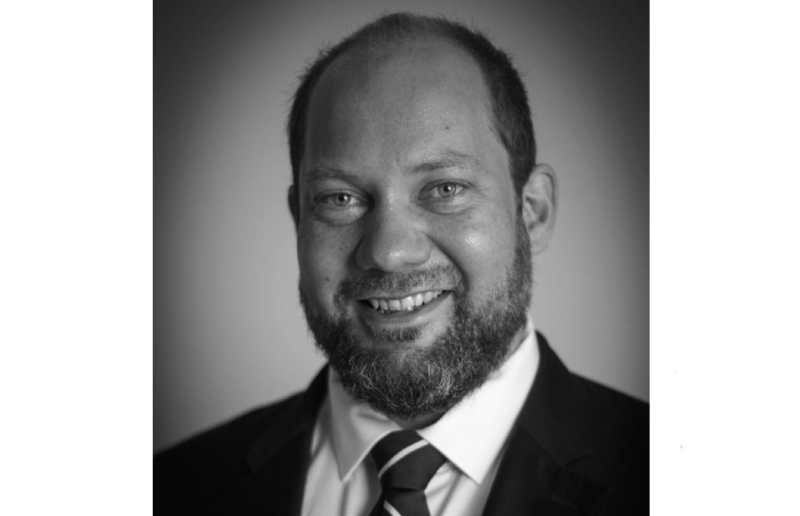Nathanael Ackerman is co-founder and managing director of Hub France Intelligence Artificielle. A trained engineer, Ackerman previously served as an advisor on innovation and artificial intelligence (AI) to the French Minister of Economy. He recently spoke to the Innovator about how Hub France IA is helping prepare corporates for the introduction of artificial intelligence.
Q: What is Hub France IA and why should it be of interest to corporates?
NA: The Hub is an organization, created by a broad community of experts in AI and business, that aims at creating an actual AI industrial sector in France and Europe. The Hub brings together the high level expertise in AI and aggregates all what you would know about AI. It informs big corporate on how they can use Artificial Intelligence to develop their business, how to diversify it, or how to address larger societal challenges. Only a few big corporates deeply understand these aspects, all are aware that they should anticipate in the AI transformation. The hub is a one stop shop for the AI community and offers advanced services to its members (training, recruitment, legal, etc …). If one has strategic or technical questions they can ask them to the Hub and the Hub will find the person, or the company that is able to answer. We plan to introduce progressively a marketplace for talent, technology, projects and mergers and acquisitions beginning this summer. Training for corporate executives has already started and includes the strategic impact of AI and management level courses on best practices in AI adoption and ethics. Last but not least, the Hub has launced sector-specifc business groups in order to develop new product and services with AI. The groups are made up as “task forces” that achieve short term goals.
Q: What kind of working groups have been formed and what topics are they tackling?
We have cross-sector working groups on education; legal, ethics and design; skills, inclusion and job transformation; startups and ecosystem; global AI barometer and bridge building with EU institutions, European, North American and Asian tech hubs. Our business groups cover a variety of sectors including mobility, energy, smart cities and smart buildings, security, robotics, human resources, health and wellness, finance and insurance, media, telecom, creative industries, industrial processes and the digital transformation of government.
Q: Which large corporates have joined so far?
NA: SNCF, RATP, Societe Generale, Air France, Air Liquide, Leonard, TFI Le Groupe, La Banque Postale and francetelevisions. Many other big companies have expressed an interest in joining, including L’Oreal, Accor, La Poste, Ipsos, la Française des Jeux EDF, Orange and Cap Gemini. Our goal is to have them on board as members by September.
Q How does the work that HubFranceIA is doing correspond to work being done in other European countries and at the EU level?
NA: We interact with the European Commission to make recommendations on AI. Moreover, many of our founding members serve as experts to the EU to evaluate projects in AI. But we are also forging relationships with other hubs in Europe in order to consolidate the market through a bottom-up approach. The idea is to organize meetings with startups and big companies in hubs across Europe, such as London, Berlin, Amsterdam, and exchange training and the trainers. Every hub needs to have a clear view of its AI ecosystem so through this network of hubs we can spread information about AI development and help create opportunities. For example if a big company in France is a searching for a specific service maybe it exists somewhere else in Europe. That is why we will set up a marketplace for projects and also for mergers and acquisitions in Europe. The European Union is taking a top-down approach to AI but we think it is important to construct a network of hubs in Europe from the bottom-up so we can aggregate opportunities.
.
Q: What should large corporates being thinking about before implementing AI?
NA There are technical issues but also questions around ethics and design. That is why we have cross sector groups working on these issues. Europe must create a united AI ecosystem that complies with European ethics, laws and regulations and which serves the European economy first. France, with our deep technology expertise and experience of European-level leadership, is a good place to start.







